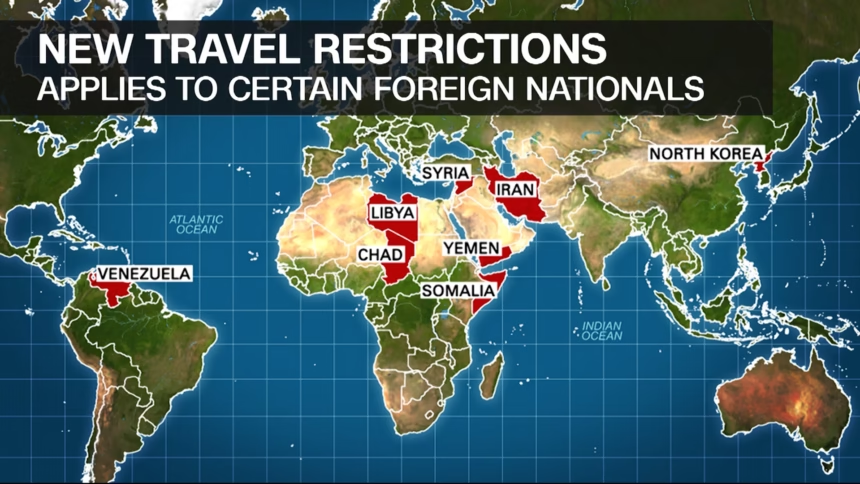The Trump administration has indefinitely postponed its initiative to block entry into the United States for citizens of countries deemed non-compliant with American security screening standards.
This initiative, planned as part of an executive order signed by Donald Trump upon taking office, was originally set to be implemented by March 21.
According to USA TODAY, the State Department stated that it is still working on the report intended to justify these restrictions but did not specify when it would be finalized. The executive order aimed to identify nations whose citizens might be denied entry to the U.S. due to insufficient cooperation in security and data sharing.
A list of more than 40 nations, including Haiti, Cuba, Venezuela, Iran, and Russia, was under evaluation. However, no official communication followed the deadline, and State Department spokeswoman Tammy Bruce confirmed that the deadline had been indefinitely postponed.
Bruce clarified during a press conference that the deadline set by Trump was merely a “target date” and that no new timeframe had been established. When questioned about the delay, she remained vague but assured that the process was still ongoing, according to USA TODAY.
Among the 40 countries being assessed for travel restrictions, Haiti was categorized in the orange zone alongside Cuba, Venezuela, and Nicaragua.
This restriction initiative aligns with actions previously taken by Donald Trump during his first term, particularly travel bans targeting certain Muslim-majority countries. These measures were legally challenged before being upheld by the Supreme Court in 2018, following significant modifications.
The January executive order also required U.S. authorities to review previously issued visas and identify nationals from the affected countries who had entered the U.S. since the Biden administration. According to USA TODAY, Secretary of State Marco Rubio confirmed that visas continued to be revoked daily, primarily for national security reasons or criminal involvement.
“If this information had been available before the visa was granted, would we have issued it? If the answer is no, then we revoke it,” Rubio explained, as quoted by USA TODAY. He stated that approximately 300 student visas had been affected so far.
Additionally, several individuals have recently been deported or arrested by U.S. authorities, including students and foreign workers accused—without evidence—of having ties to terrorist organizations or being involved in criminal activities.







